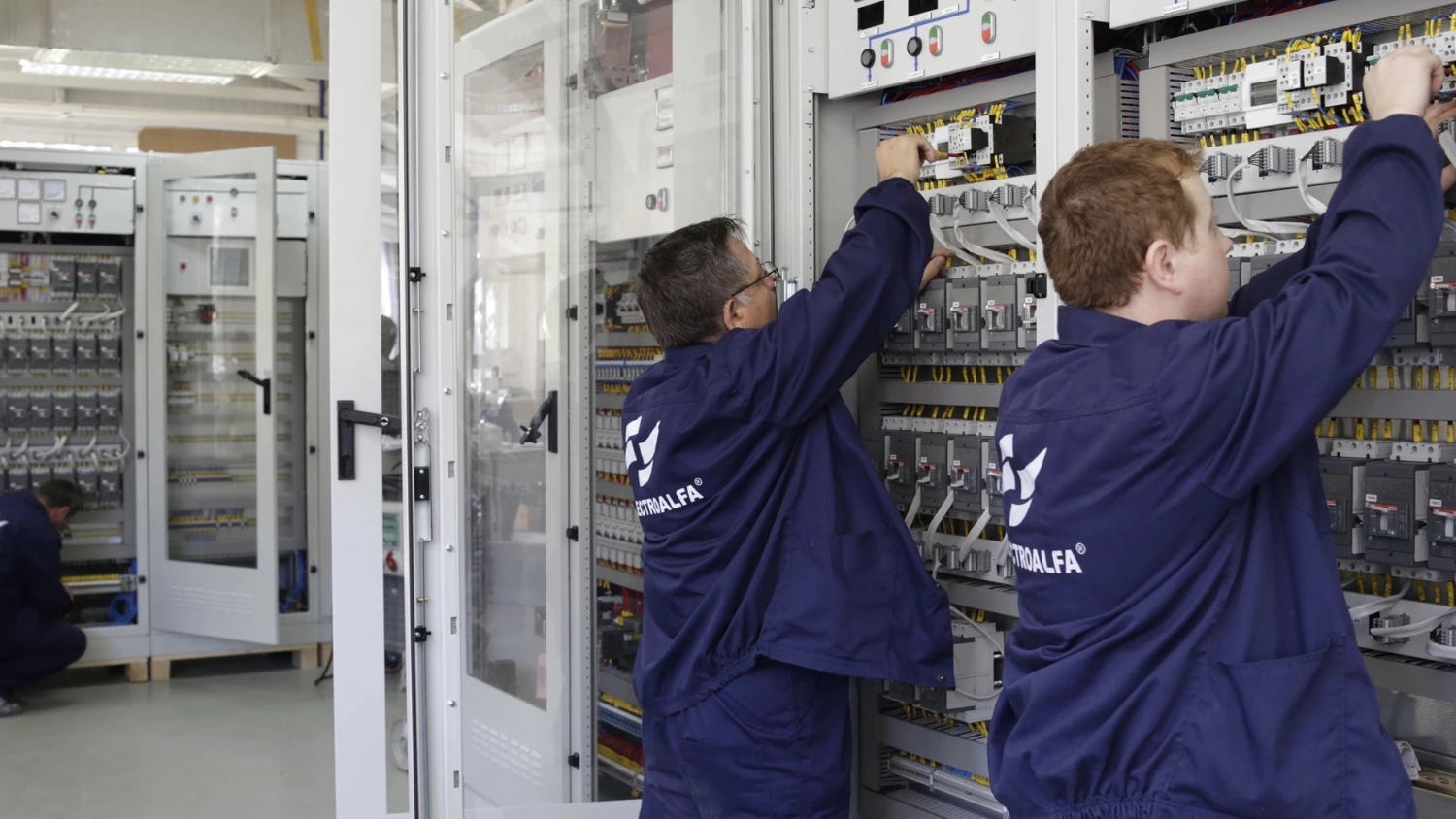In terms of challenges, the study reveals that three of the top four reported barriers to a successful Gen AI deployment are risk-related, including worries about regulatory compliance (36%), difficulty managing risks (30%) and lack of a governance model (29%). Likely driving these concerns are risks specific to Gen AI, like model bias, hallucinations, privacy concerns, trust and protecting new attack surfaces. To help build trust and ensure responsible use, organizations are taking actions including establishing a governance framework for using Gen AI tools and applications (51%), monitoring regulatory requirements and ensuring compliance (49%) and conducting internal audits/testing on Gen AI tools and applications (43%).
“As promising experimentation has driven more investment and a diverse range of benefits becomes more apparent, expectations have surged and the C-suite is now looking for significant and sustained value from GenAI projects. To avoid a decline in current enthusiasm and support, initiatives should be prioritized as a function of scalability and specific return on investment. Challenges will need to be addressed across the board: people, process, data and technology, with an emphasis on change management and organizational transformation,” said Alexandru Reff, Country Managing Partner, Deloitte Romania and Moldova.
Looking ahead, a comprehensive set of financial and nonfinancial measures will be needed to present a complete picture of the value created from investments in Generative AI initiatives, the study indicates.
When it comes to organizations' readiness across the Gen AI essential scaling elements, technology infrastructure (45%) and data management (41%) were the best placed, followed by strategy (37%), risk and governance (23%), and talent (20%). In order to improve their levels of preparedness, organizations are generally working to establish new guardrails, educate their workforces, conduct assessments and build oversight capabilities.
“The different possible sources of value highlighted by the study show the potential and versatility that Gen AI can bring. Tech leaders should consider pursuing other potential benefits that this technology can offer, including increased innovation, improved products and services, enhanced customer relationships, and revenue growth, as many organizations are already seeing tangible value from Gen AI in these other areas, the study shows. As companies look to unlock the true value of Gen AI, an improvement in data gathering and management - security, privacy, extraction or labeling - is important,” said Andrei Ionescu, Consulting Market Leader, Deloitte Romania.
In fact, the study shows that data-related issues have caused 55% of the organizations to avoid certain Generative AI use cases. In order to improve their data-related capabilities, organizations are enhancing security (54%) and improving quality (48%).
According to the study, many Gen AI efforts are still at the pilot or proof-of concept stage, with a large majority of respondents (68%) saying their organization has moved 30% or fewer of their Gen AI experiments fully into production. Amid continued experimentation, there is a growing need to demonstrate the value of Gen AI initiatives, as 41% have struggled to define and measure the exact impacts of their Gen AI efforts and only 16% have produced regular reports for the Chief Financial Officer about the value being created with Gen AI.
The latest edition of Deloitte's report “The State of Generative AI in the Enterprise: Now decides next” was conducted on more than 2,800 AI-savvy business and technology leaders directly involved in piloting or implementing Gen AI at major organizations across 16 countries and six industries, in order to track the integration of Gen AI in the enterprise.











